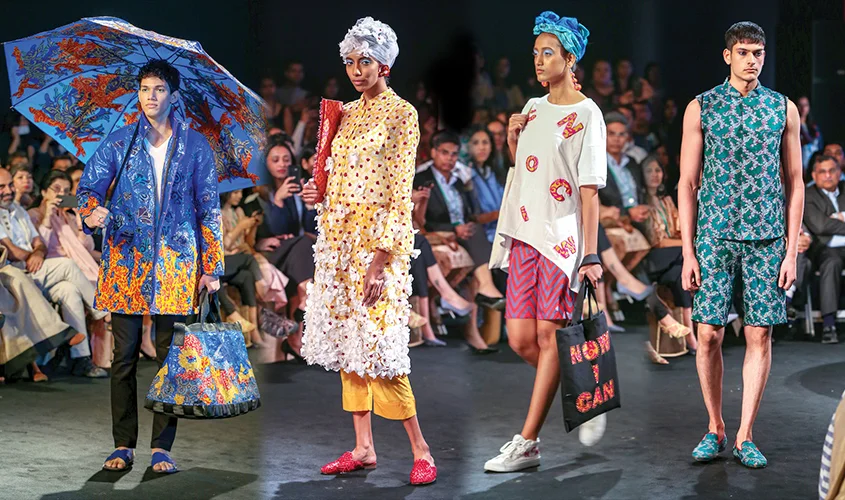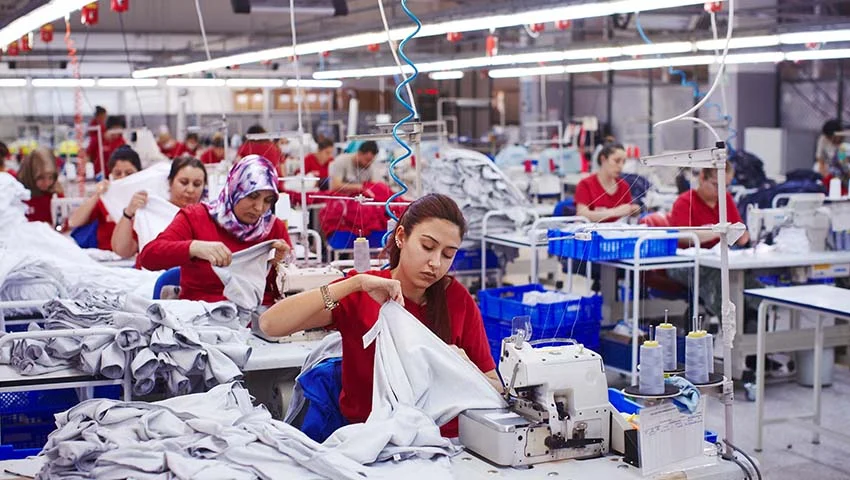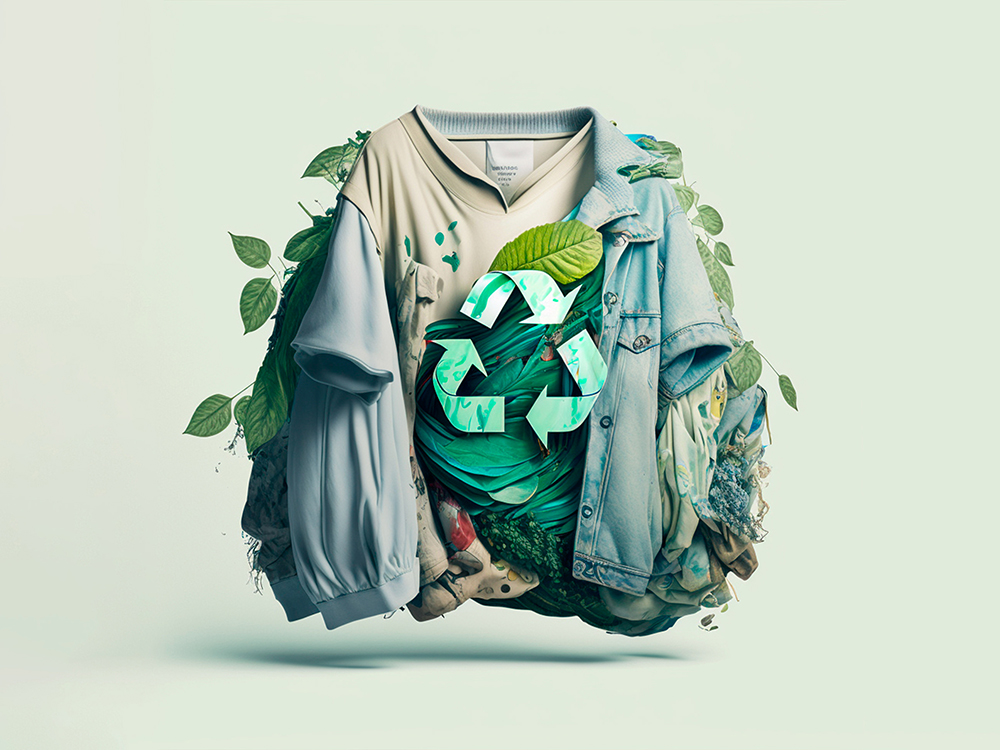Sustainable Fashion: In recent years, the fashion industry has undergone a significant transformation, driven by the growing concern for the environment and a shift towards more ethical and sustainable practices. Sustainable fashion, also known as eco-fashion or ethical fashion, encompasses a range of initiatives aimed at reducing the environmental impact of the industry and promoting fair labor practices. With innovative approaches, fashion is revolutionizing the way we think about style and clothing. In this article, we will explore the concept of fashion and its various aspects.
Understanding Sustainable Fashion:
Sustainable fashion is about creating clothing and accessories in a way that is mindful of the environment, society, and future generations. It emphasizes the use of eco-friendly materials, responsible manufacturing processes, and fair trade practices. This approach challenges the fast fashion model, which promotes excessive consumption, waste, and exploitation of resources.

Eco-Friendly Materials:
One of the key pillars of fashion is the use of eco-friendly materials. Designers are now exploring alternatives to traditional fabrics, such as organic cotton, hemp, bamboo, and recycled materials. These materials require less water, energy, and chemicals during production, reducing their ecological footprint. Furthermore, the use of natural dyes and non-toxic substances contributes to a healthier environment.
Slow Fashion Movement:
The slow fashion movement encourages consumers to shift from disposable fashion to quality, long-lasting garments. By investing in well-made, timeless pieces, we can reduce the demand for fast fashion and its harmful consequences. Slow fashion emphasizes the importance of craftsmanship, durability, and versatility, ultimately promoting a more sustainable and conscious approach to clothing.
Upcycling and Recycling of Sustainable Fashion:
Innovative designers are embracing the concept of upcycling and recycling to breathe new life into old garments. Upcycling involves transforming discarded items into new, unique pieces, while recycling focuses on converting waste materials into new fabrics. These practices minimize textile waste, conserve resources, and reduce the need for virgin materials, thereby mitigating the environmental impact of the fashion industry.
Ethical Manufacturing:
Ensuring fair labor practices is a crucial component of fashion. Many brands are now actively working towards improving working conditions, supporting fair wages, and promoting safe and healthy environments for garment workers. Transparent supply chains and certifications, such as Fair Trade or Global Organic Textile Standard (GOTS), provide consumers with the assurance that their purchases align with ethical standards.

Consumer Awareness and Responsibility:
As consumers, we have a significant role to play in driving the growth of fashion. By educating ourselves about the environmental and social impact of our choices, we can make informed decisions and support brands that prioritize sustainability. Opting for second-hand clothing, participating in clothes swaps, and practicing responsible laundering techniques are small steps that collectively contribute to a more sustainable fashion industry.
Sustainable Fashion as a Catalyst for Change:
Sustainable fashion extends beyond individual choices; it has the power to influence the entire industry. By embracing sustainable practices, fashion brands can inspire others, drive innovation, and create a positive ripple effect. Collaborations between designers, policymakers, and consumers are crucial for fostering a fashion industry that respects both people and the planet.
Sustainable fashion is a beacon of hope in an industry that has long been associated with negative environmental and social impacts. Through the use of eco-friendly materials, ethical manufacturing, and consumer awareness, fashion is paving the way for a greener future. By supporting and embracing these initiatives, we can contribute to a more responsible and conscious fashion industry, ensuring a better world for generations to come. Let us choose style that doesn’t compromise our planet!
Read Also: Fashion Accessories
![]()





